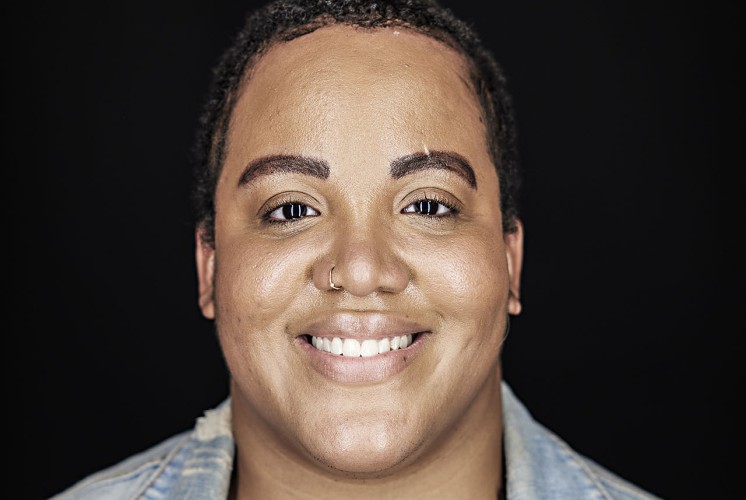DEBT FREE JUSTICE: In the simplest of terms, what are fees and fines?
MARCÍA HOPKINS: Fines and fees are financial obligations that states or courts can require that families and kids pay. For example, a child might have taken something from a store, let's say it costs money. There could be some kind of fine associated with them now being a part of the justice system that they're gonna have to pay off in order to get out of the justice system. You might have to have a fine in order to get a drug test because that might be something that the court requires that you have to take in order for you to get through the court process.
DFJ: What was one of the most outrageous stories that you've heard or come in contact with?
MARCÍA: One of the most outrageous charges that I hear is when kids are charged for things in schools. So, for example, some places might charge a loitering fine or a citation fine if a kid might have skipped class or if they're late to class, and then that kid or their parent is now required to pay it. And it causes all these other challenges and issues that keep that kid in the system longer for something as simple as coming to class late or standing outside of the school too long for a school personnel.
DFJ: What can the public or those just learning about Debt Free Justice do to help?
MARCÍA: I think people can help the campaign by one, understanding what financial obligations are. Two, understanding that children cannot pay financial obligations because they are required by other laws to not be able to obtain employment for their own protection. So then they can't actually get money, make money to be able to pay that off. Really understand that asking kids to pay for something they actually legally can't do is silly and not something that we should do. It creates more harm for them and their families, and that we just should have a better response for them instead of requiring them to pay for something that they can actually pay for.
DFJ: What do the words Debt Free Justice mean to you?
MARCÍA: Debt Free Justice to me means not having financial debt at all, not from any government, not that you're sanctioned and required to pay these things, and that it doesn't affect the rest of your life.
